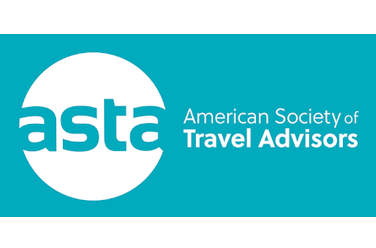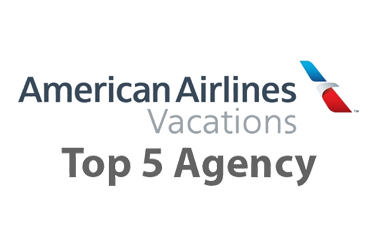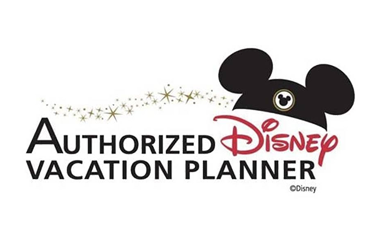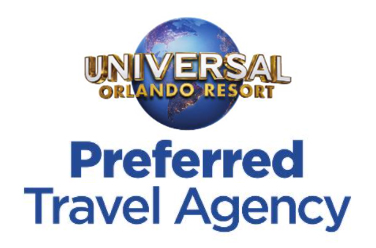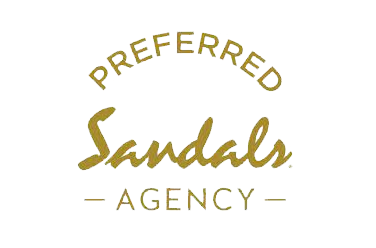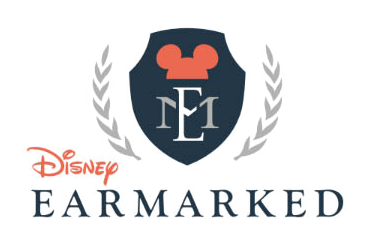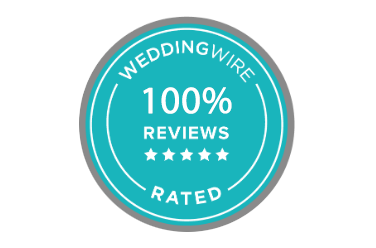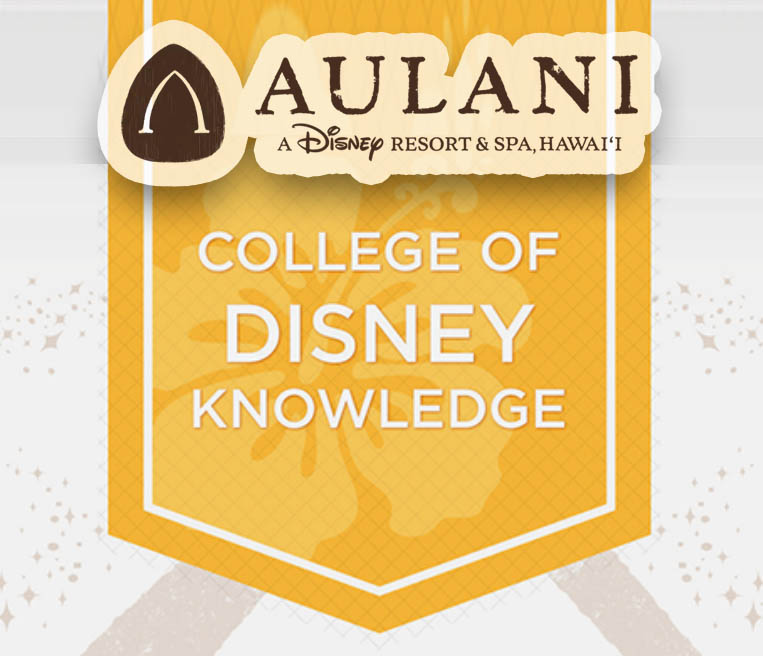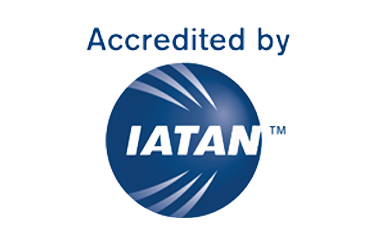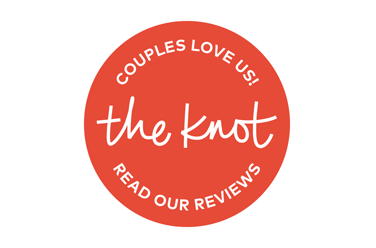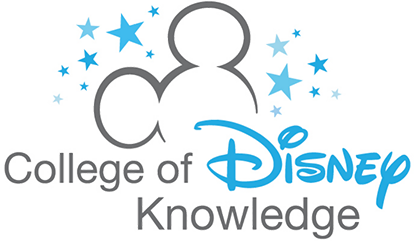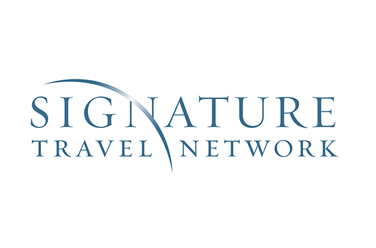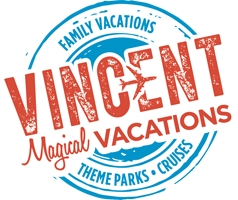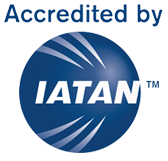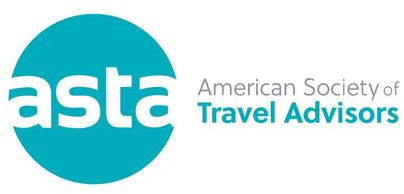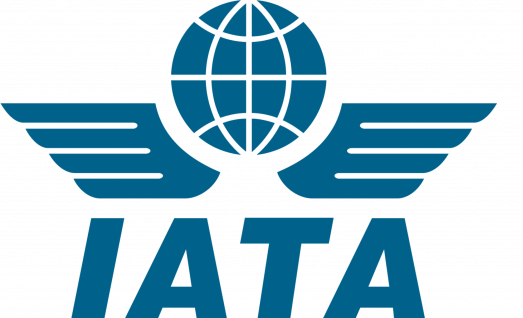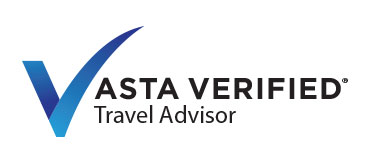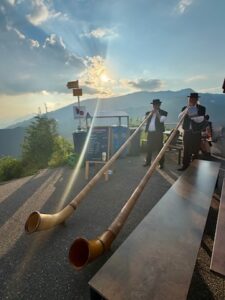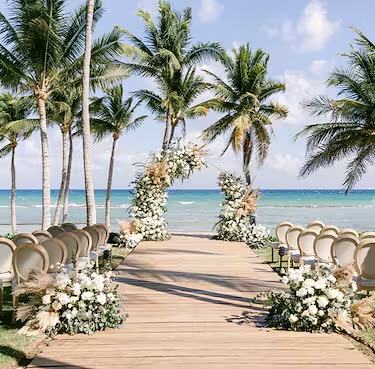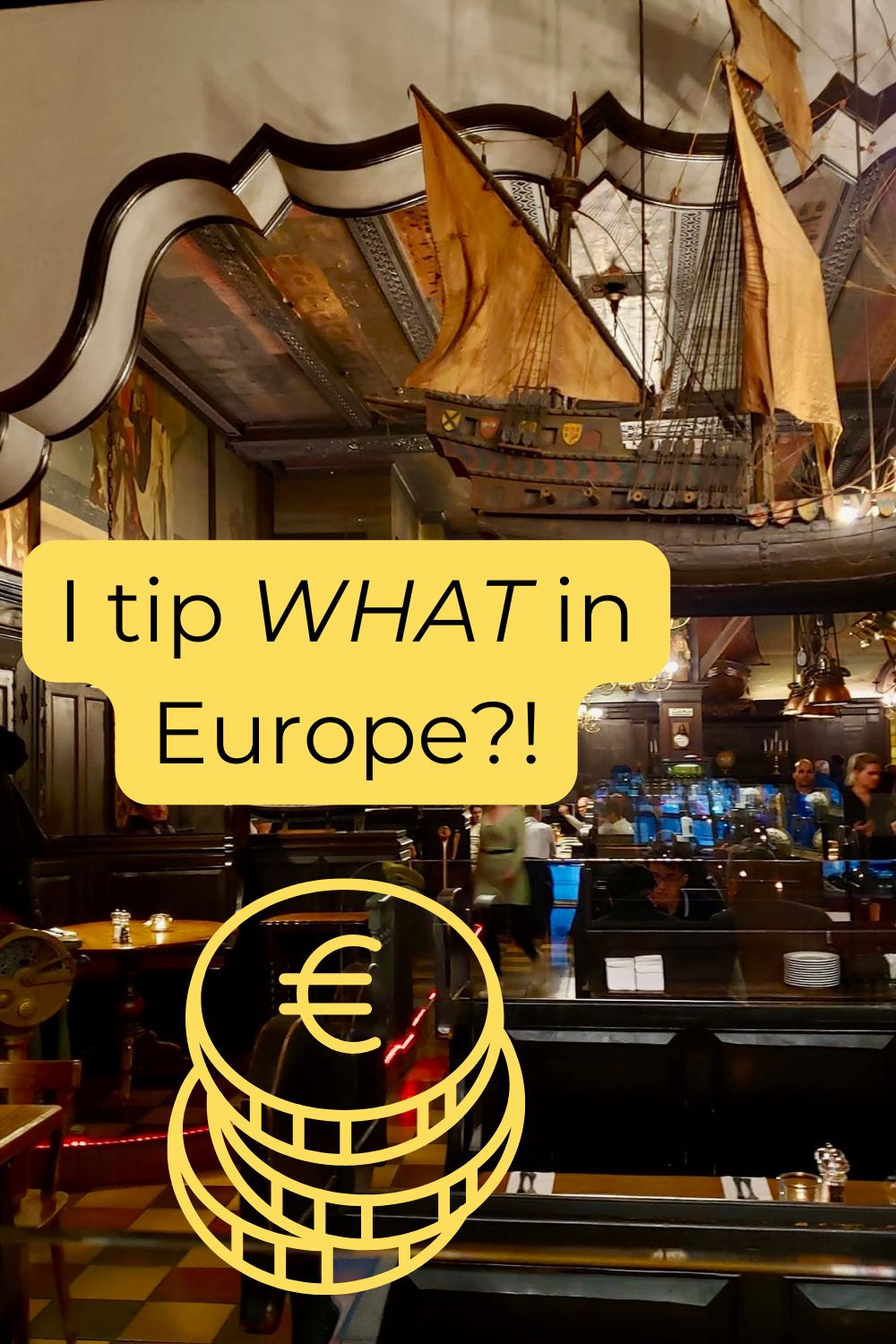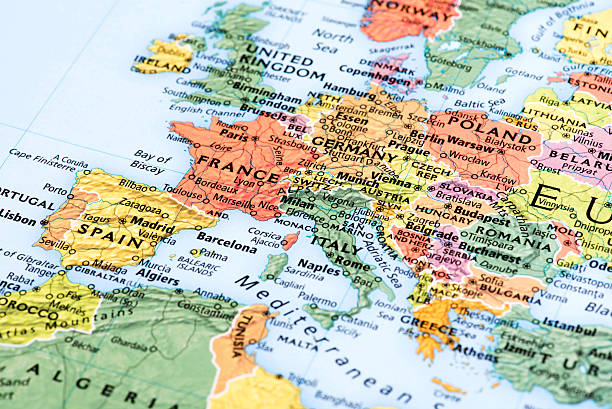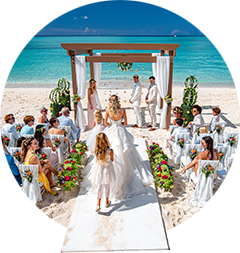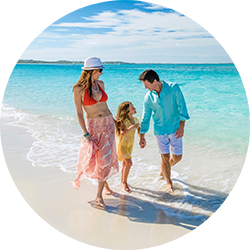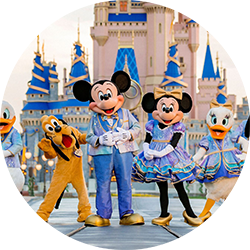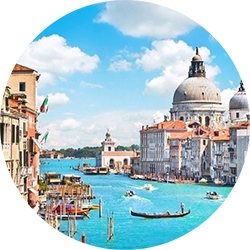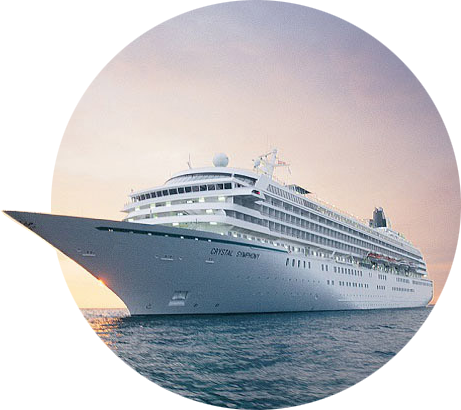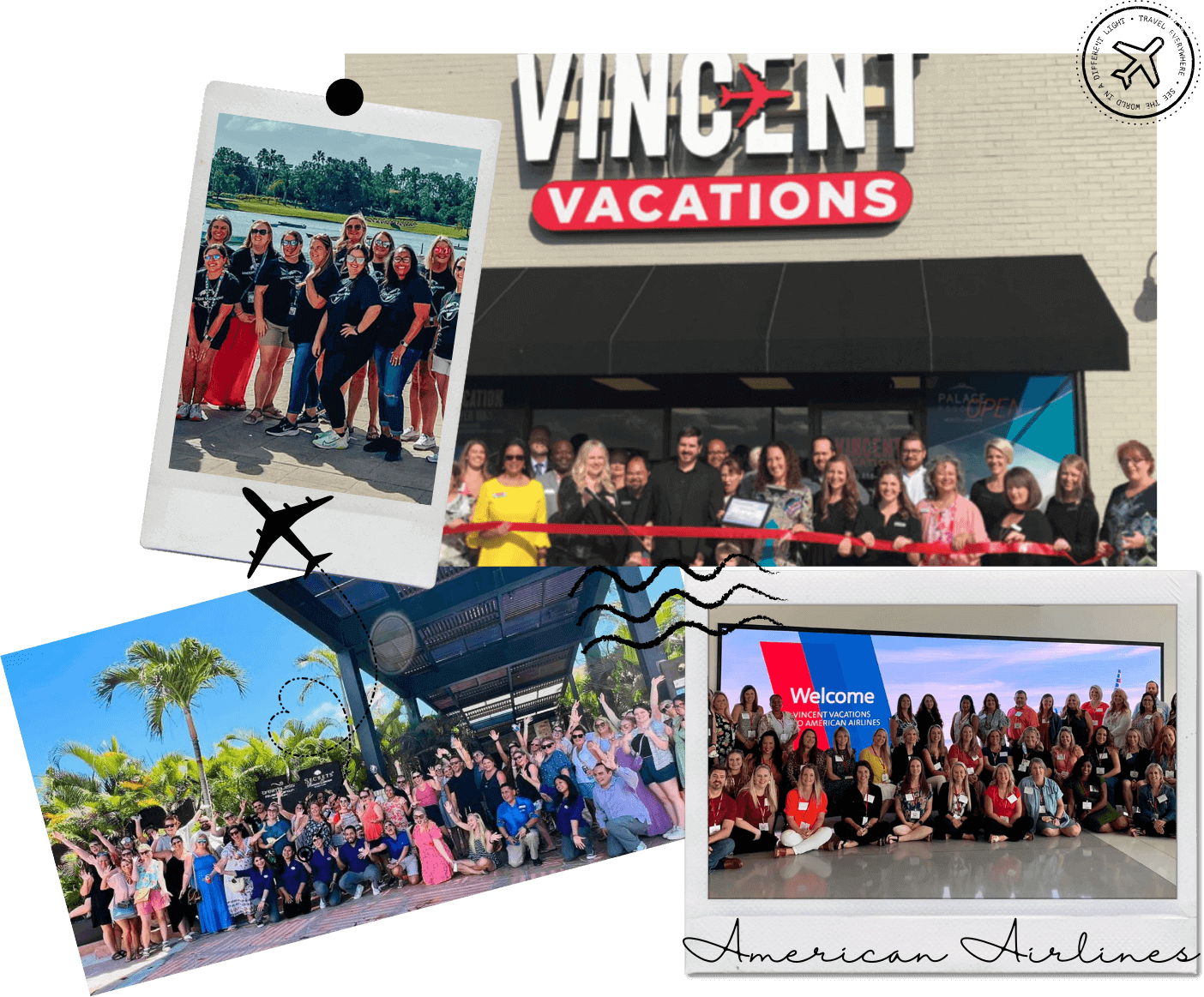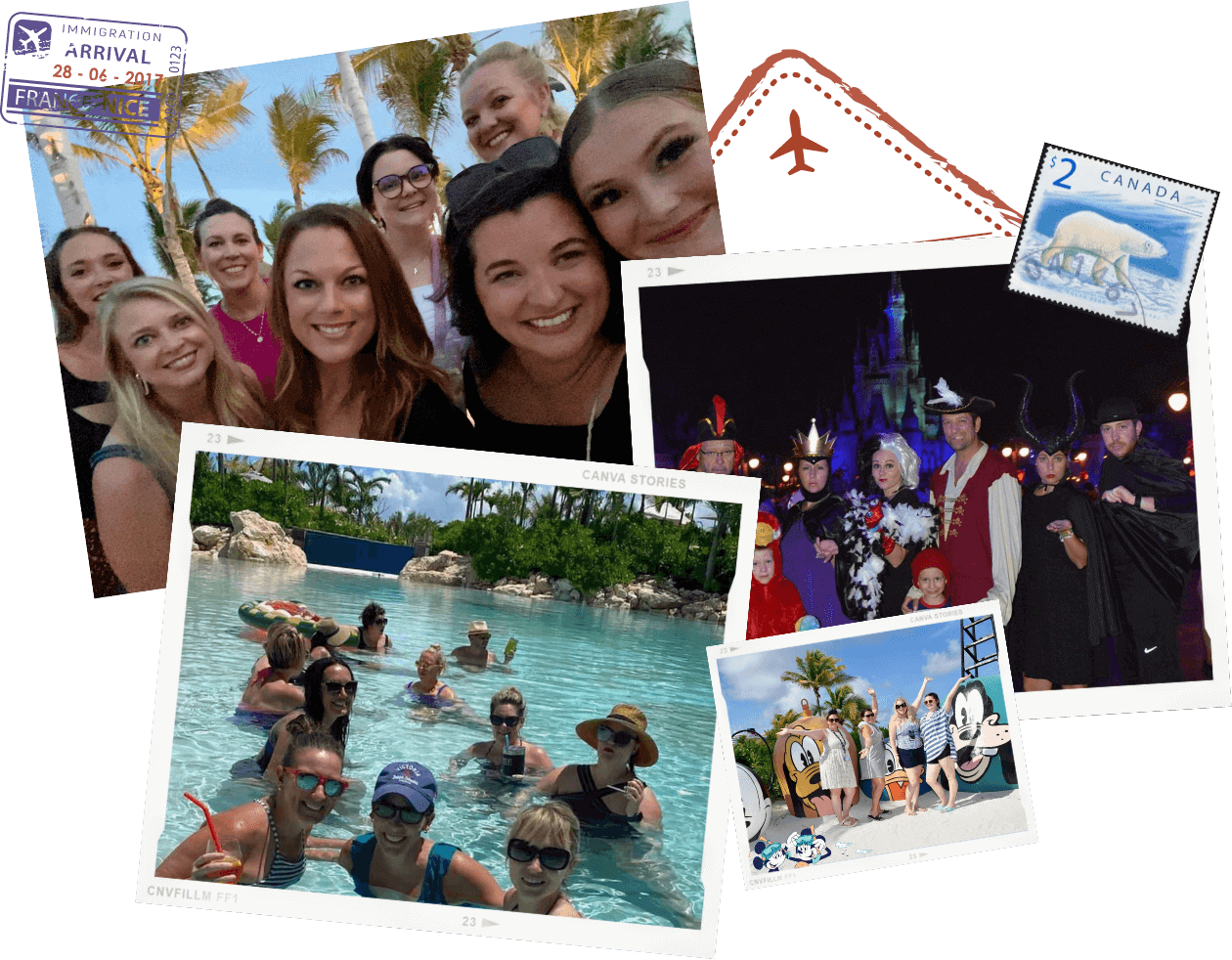We recognize that Disney vacations are not just an investment, but often the highlights of our lives, and we take that responsibility seriously. We want to ensure you have the best vacation experience.
Interested in a job in travel? Click here to learn: How to Become a Disney Travel Agent
Overview
Introduction
The popularized image of Switzerland is almost too perfect and timeless: spectacular Alpine scenery, cozy mountain chalets, dazzling ski runs, window boxes spilling over with red geraniums, tidy cities set on serene lakes, elegant grand hotels. Though you'll undoubtedly encounter these along the way, they don't present a complete picture of this modern country. Switzerland may guard its neutrality and assert its independence, but it is very much an active participant in the world.
If you're going for the scenery or for the skiing, there are few places that can equal it (in quality or high prices). And there are few places as clean, safe and orderly as Switzerland. Likewise, few countries have such diversity in terms of culture and language: German is prevalent in Zurich and the northern, central and eastern regions; French in Geneva and the western region; Italian in Lugano and the southern region; and Romansch, the fourth national language, is the language of the southeastern part of the country, which includes the ski resort area of St. Moritz.
Despite its varied cultures and linguistic traditions, Switzerland is one of the most politically and economically stable countries in the world.
Geography
Switzerland shares a border with France to the west and southwest, Germany to the north, Austria and Liechtenstein to the east and Italy to the south. The country has three distinct geographical areas: the Jura (rolling hills with forests) in the west, running more or less parallel with the Swiss-French border and extending into both countries; the Plateau (forests, farmland, cities and lakes), in the center; and the Alps (high mountains), in the south.
Politically speaking, the country is divided into 26 cantons (the rough equivalent of states). There are 20 cantons and six half-cantons.
History
The earliest known inhabitants of Switzerland were the Helvetii. In 107 BC, the region was claimed by the Roman Empire. However, the Romans never established a strong foothold in the region because of the difficult terrain. In the early Middle Ages, the region came under the control of the Alemanni and the Burgundii (two Germanic tribes), then the Franks and, in the 11th century, the Holy Roman Empire.
In the 13th century, Hapsburg rulers sought to establish central control over the area. However, in 1291, three rural communities organized resistance against the Hapsburgs in a league that is considered the beginning of the Swiss Confederation. By 1499, this loose confederation had grown and included both urban and rural members.
Switzerland's military power grew and the confederation expanded until the French defeated the Swiss in 1515, weakening their military power and causing them to rethink their defense strategy. From that time on, Switzerland has followed a policy of armed neutrality.
The Reformation in the 16th century strained the unity of the confederation. Protestant ideas were spread by Zwingli in Zurich and Calvin in Geneva, but central Switzerland (the Four Forest Cantons) remained Catholic. In spite of the religious divisions and tensions, Switzerland maintained its neutrality during the Thirty Years' War. At the end of that war, in 1648, Switzerland's formal independence was recognized by the Treaty of Westphalia.
Switzerland adopted a constitution in 1848, creating a new federal state with Bern as the capital. The country remained neutral in both World War I and World War II. However, there were later allegations made, and lawsuits filed, claiming that Swiss banks had held monies stolen by the Nazis during World War II. In 1998, the country's two largest banks agreed to pay US$1.25 billion to the families of Holocaust victims.
In 2002, Switzerland became a member of the United Nations. Although it is not a member of the European Union, it has close economic ties with several member countries, and the agreement between the EU and Switzerland on the free movement of people has resulted in a big increase in European nationals working in the country.
Snapshot
Switzerland's foremost attractions are spectacular Alpine scenery, impeccably managed hotels, world-class museums, medieval architecture, hiking, fishing, watersports, skiing, climbing, quality shopping, tennis, health spas, cycling and chocolate.
Switzerland is so visually stunning that almost everyone will be impressed with it. Skiers, climbers and others who love mountains will especially enjoy the Alps. It's an ideal country for families. There are affordable accommodations, but you'll have to look outside the best-known locales for them—Switzerland is one of the most expensive countries in Europe.
The only people who shouldn't go to Switzerland are those who have difficulty adjusting to high altitudes or those looking for a bargain vacation.
Potpourri
Despite the fact that Switzerland is politically neutral and hasn't been involved in an armed conflict in hundreds of years, military service is obligatory for its male citizens. They are required to complete a minimum of 300 days of training and service between the ages of 20 and 42. Women are accepted on a voluntary basis. The annual defense budget is almost 10% of all government expenditures (approximately 4.5 billion CHF).
Switzerland was one of the first countries in the world to develop usable nuclear energy, after the U.S. and the former Soviet Union.
In Meiringen you'll find a Sherlock Holmes Museum (http://www.sherlockholmes.ch). The town is near Reichenbach Falls, where Holmes and archrival Professor Moriarty fell to their presumed deaths. (Afterward, outraged fans forced Sir Arthur Conan Doyle to bring Holmes back.)
What some call Swiss cheese is known in Switzerland as Emmentaler, named for the valley near Bern where it originated. It's one of the very few cheeses with holes made in the country. Most Swiss cheeses—and there are many—have no holes.
Switzerland has the largest scientific laboratory in the world. CERN, located near Geneva, is a joint European venture with scientists from more than 20 countries. It was there in 1990 that the beginning of the World Wide Web was developed by scientist Tim Berners-Lee.
Audrey Hepburn fans should visit Tolochenaz, located in the area around Lake Geneva where the actress spent the last years of her life. She is buried in the cemetery there. In Vevey is the burial place of Charlie Chaplin. Some of the well-known writers who have lived, and died, in Switzerland include Victor Hugo, James Joyce, Thomas Mann, Vladimir Nabokov and Patricia Highsmith.
Geneva has a tradition of hosting international organizations: It's the European headquarters of the United Nations. It's also home to the International Red Cross, World Health Organization and International Labor Organization.
Although Switzerland is the oldest democratic confederation in the world, Swiss women did not gain the right to vote in federal elections until 1971.
Although it is landlocked, Switzerland has a merchant navy, with around 30 ships registered to the port (yes, the port) of Basel. They transport goods worldwide, and the fleet is the most modern in the world.
The Swiss canton Graubunden fought against the use of the "devilish" automobiles until 1925, when cars were finally allowed. Even later than that, however, cars were often pelted with stones by angry locals, and police officers fined drivers who went faster than a little boy could run.

